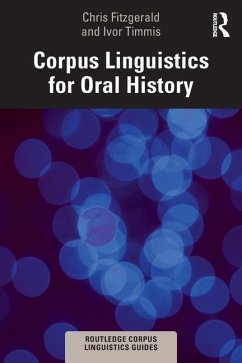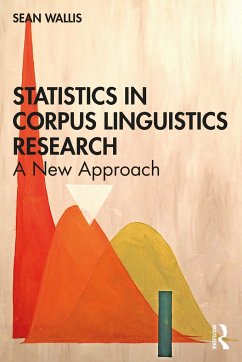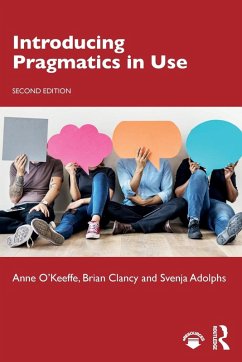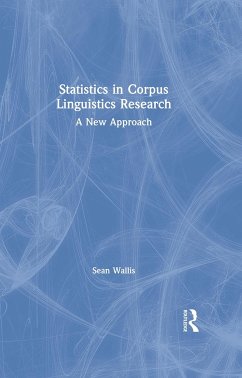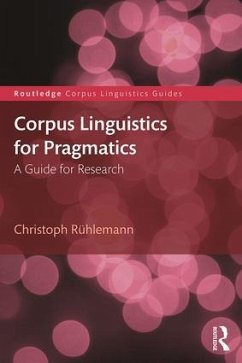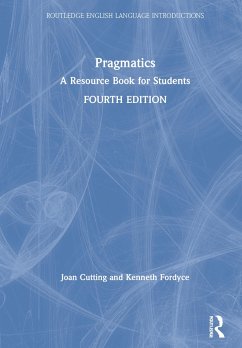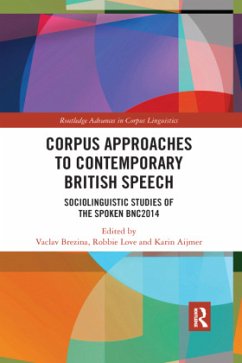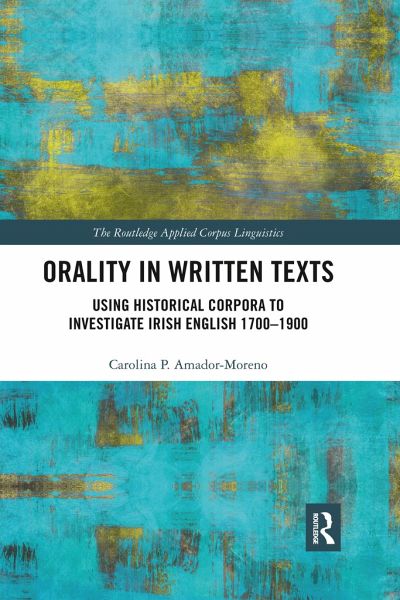
Orality in Written Texts
Using Historical Corpora to Investigate Irish English 1700-1900

PAYBACK Punkte
23 °P sammeln!
Shortlisted for the 2020 ESSE Book Award in English Language and LinguisticsOrality in Written Texts provides a methodologically and theoretically innovative study of change in Irish English in the period 1700-1900. Focusing in on a time during which Ireland became overwhelmingly English-speaking, the book traces the use of various linguistic features of Irish English in different historical contexts and over time. This book:draws on data from the Corpus of Irish English Correspondence (CORIECOR), which is composed of personal letters to and from Irish emigrants from the start of the eighteent...
Shortlisted for the 2020 ESSE Book Award in English Language and Linguistics
Orality in Written Texts provides a methodologically and theoretically innovative study of change in Irish English in the period 1700-1900. Focusing in on a time during which Ireland became overwhelmingly English-speaking, the book traces the use of various linguistic features of Irish English in different historical contexts and over time. This book:
draws on data from the Corpus of Irish English Correspondence (CORIECOR), which is composed of personal letters to and from Irish emigrants from the start of the eighteenth century up until the end of the twentieth century;
analyses linguistic features that have hitherto remained neglected in the literature on Irish English, including discourse-pragmatic markers, and deictic and pronominal forms;
discusses how the survival of the pragmatic mode has resulted in the preservation of certain facets ofthe Irish English variety as known today;
explores sociolinguistic issues from a historical perspective.
With direct relevance to corpus-based literary studies as well as the exploration of hybrid, modern-day text forms, Orality in Written Texts is key reading for advanced students and researchers of corpus linguistics, varieties of English, language change and historical linguistics, as well as anyone interested in learning more about Irish history and migration.
Orality in Written Texts provides a methodologically and theoretically innovative study of change in Irish English in the period 1700-1900. Focusing in on a time during which Ireland became overwhelmingly English-speaking, the book traces the use of various linguistic features of Irish English in different historical contexts and over time. This book:
draws on data from the Corpus of Irish English Correspondence (CORIECOR), which is composed of personal letters to and from Irish emigrants from the start of the eighteenth century up until the end of the twentieth century;
analyses linguistic features that have hitherto remained neglected in the literature on Irish English, including discourse-pragmatic markers, and deictic and pronominal forms;
discusses how the survival of the pragmatic mode has resulted in the preservation of certain facets ofthe Irish English variety as known today;
explores sociolinguistic issues from a historical perspective.
With direct relevance to corpus-based literary studies as well as the exploration of hybrid, modern-day text forms, Orality in Written Texts is key reading for advanced students and researchers of corpus linguistics, varieties of English, language change and historical linguistics, as well as anyone interested in learning more about Irish history and migration.






